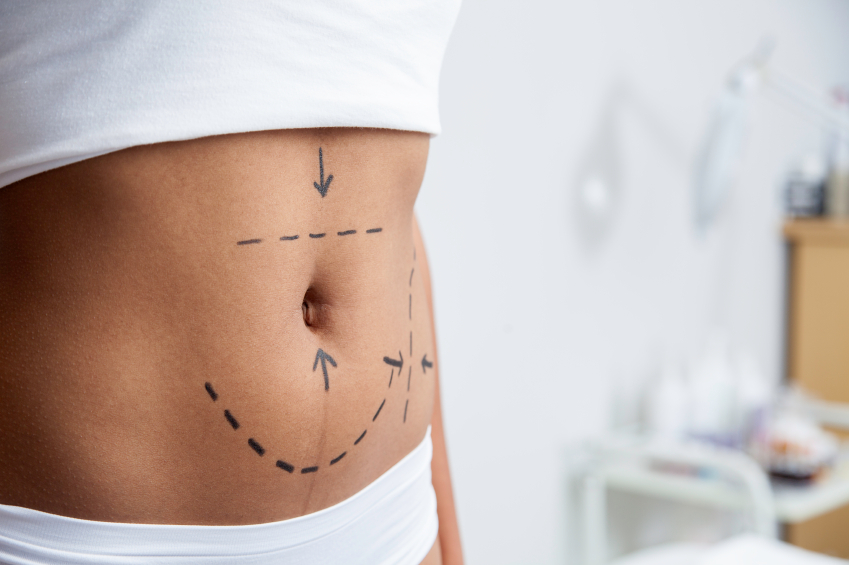Body Dysmorphic Disorder After Weight Loss. Body dysmorphic disorder (BDD) is a condition characterized by an extreme focus on a real or perceived bodily flaw. You are preoccupied with your appearance and convinced that even minor imperfections make you unattractive and undesirable.

Body dysmorphic disorder (BDD), also called body dysmorphia, is a mental health condition that involves an unhealthy and excessive preoccupation with one's physical appearance.
These flaws are often unnoticeable to others.
Body dysmorphic disorder (BDD) is a condition characterized by an extreme focus on a real or perceived bodily flaw. Body dysmorphic disorder (BDD) is a mental illness characterised by constant worrying over a perceived or slight defect in appearance. Although unhealthy body image is often associated with eating disorders, it is important to point out that body dysmorphia is not necessarily related to weight or weight loss.


















No comments:
Post a Comment